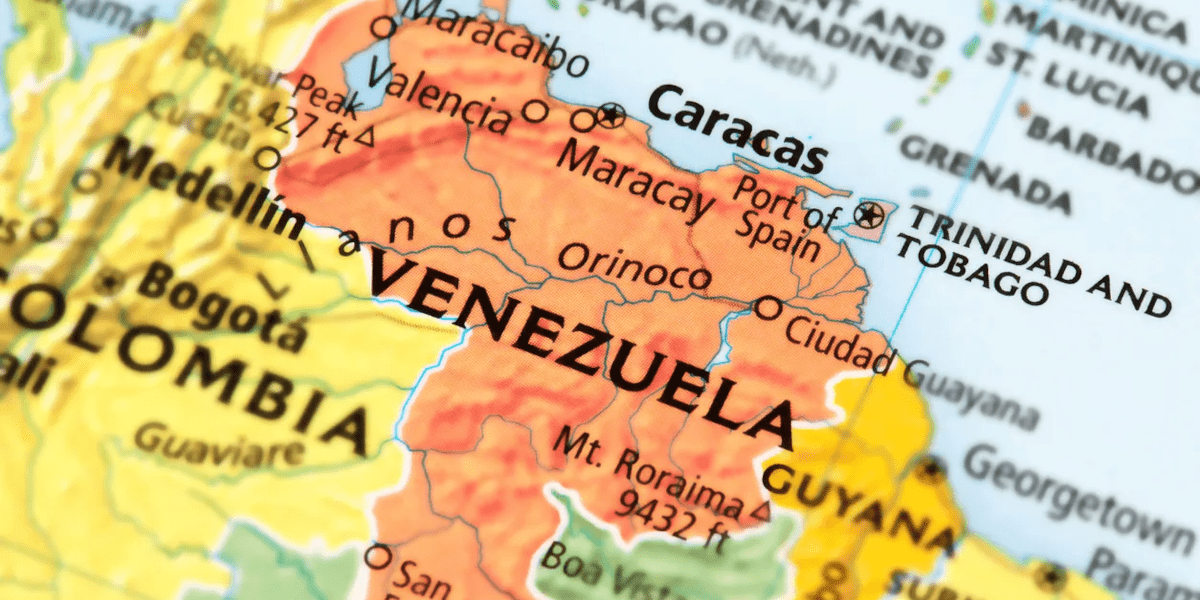In this article, we will discuss the current gambling situation in Latin America. Today, the regulations on the continent are varied: while in some countries any form of gambling is strictly prohibited, in others it is fully legal.
Argentina
Argentina allows all forms of betting, both land-based and online. Like in the U.S., every state has its individual set of laws related to gambling. When it comes to gambling restrictions, each jurisdiction makes its own decisions.
Incidentally, in 2008, there was an attempt to ban online gambling in the country. However, the legislative amendments proposed by the government were not adopted. Despite the fact that there is no official law regulating online gambling, in 2021, Argentina’s lawmakers approved a tax increase for online venues from 2% to 5%.
Brazil
Brazil has gambling legislation, and gambling is fully legal in this country; however, there is no countrywide regulation. The government makes attempts to legalize the market, and it is not unlikely that in a few years, the gambling laws will be completely overhauled.
Sportsbooks became legal in Brazil in 2018. Since then, the number of establishments that accept sports bets has increased significantly. Currently, the government is developing a mechanism to strengthen control over Brazilian casinos and bookmakers. The main goal is to create effective tools for preventing gambling-related fraud.

Bolivia
Only land-based casinos and sportsbooks are officially allowed in Bolivia. From a purely technical point of view, all forms of online gambling are illegal. That said, the government does not prosecute individuals who offer such services.
On April 5, the country hosted an event called Initial Public Accountability 2023, which discussed the current state of the iGaming market. This year, Bolivia plans to tighten control over online gambling. Also, the authorities intend to conduct a large-scale study to find out how popular online gambling is among locals.
Chile
According to the current gambling legislation in Chile, land-based casinos and betting shops are completely legal. Internet gambling is technically banned, but players are not prosecuted for playing online.
In the near future, there may be some changes to the Chilean gambling sector. In particular, by the end of 2023, the government wants to legalize all forms of online gambling. For this purpose, new legislation will be introduced regulating this market.
Online gambling legalization will bring around $70 million in yearly revenue from taxes to the national budget.
Colombia
Only companies that have obtained a local gambling license are allowed to provide gambling services in Colombia. Companies licensed by foreign jurisdictions are prohibited from operating in the country.
Ecuador
Ecuador has no gambling laws, and all such entertainment is strictly prohibited. There are no land-based casinos and betting shops operating in the country. The gambling market was banned by a presidential decree in 2011. However, locals can still make bets on offshore sites.
In 2019, the Association of Former Casinos Workers of Ecuador began calling on the government to lift the gambling ban. One argument is that Ecuadorians constantly travel to neighboring Peru and Colombia to gamble, and as a result, the state budget misses out on around $45 million every year. Despite all the arguments, the ban is still in place.
Venezuela
Gambling in Venezuela was legalized in 1997; however, in 2011, the government banned the operation of land-based casinos and bingo halls in the country. Gambling regulations were eased in 2019, as casinos that accept payments in cryptocurrencies became legal. The legalization of crypto casinos was passed to increase the value of the national Venezuelan cryptocurrency El Petro.

Uruguay
While virtually all types of gambling are allowed in Uruguay, only one company—Banca de Quinielas de Uruguay—can legally provide online gambling services. The country aims to create a well-developed online gambling market. One of the steps taken is the approval, in August 2022, by the senate of a draft bill regulating the online gambling sector. Lawmakers also ordered the country’s regulator to create a fund dedicated to combating gambling addiction.
This is not a complete list of Latin American countries where gambling is allowed. This form of entertainment is also completely legal in Mexico, Panama, Nicaragua, and other states. The main reason for gambling legalization in most countries of Latin America is to bring additional revenue to the national budget.


